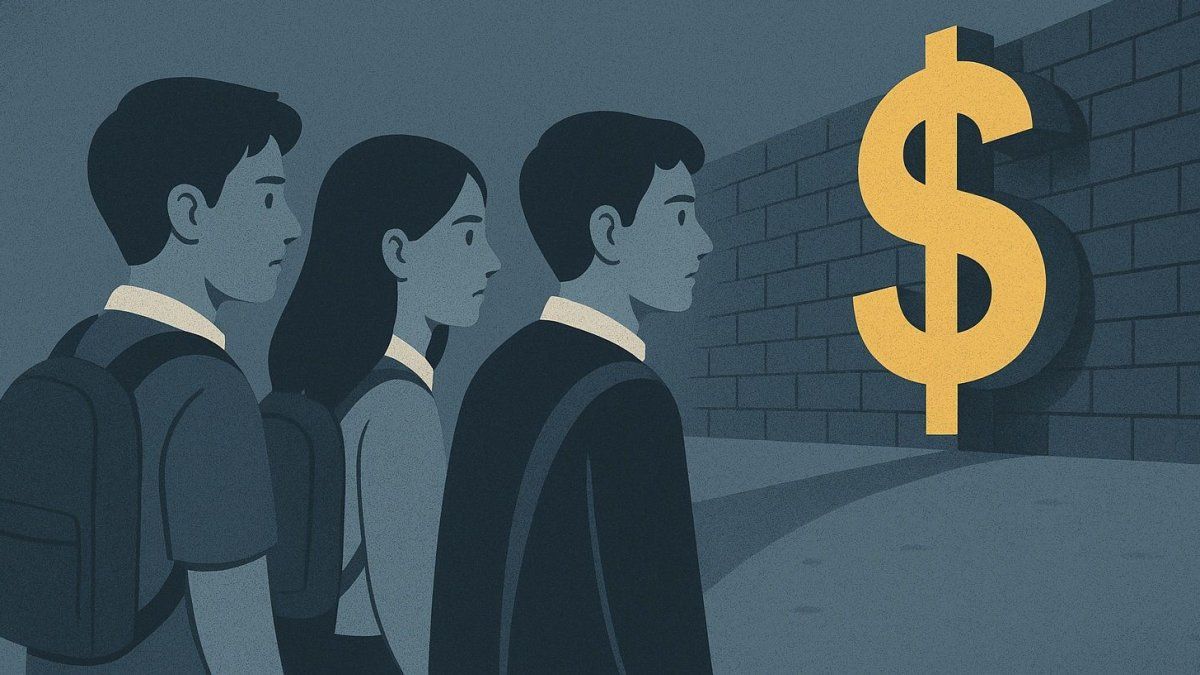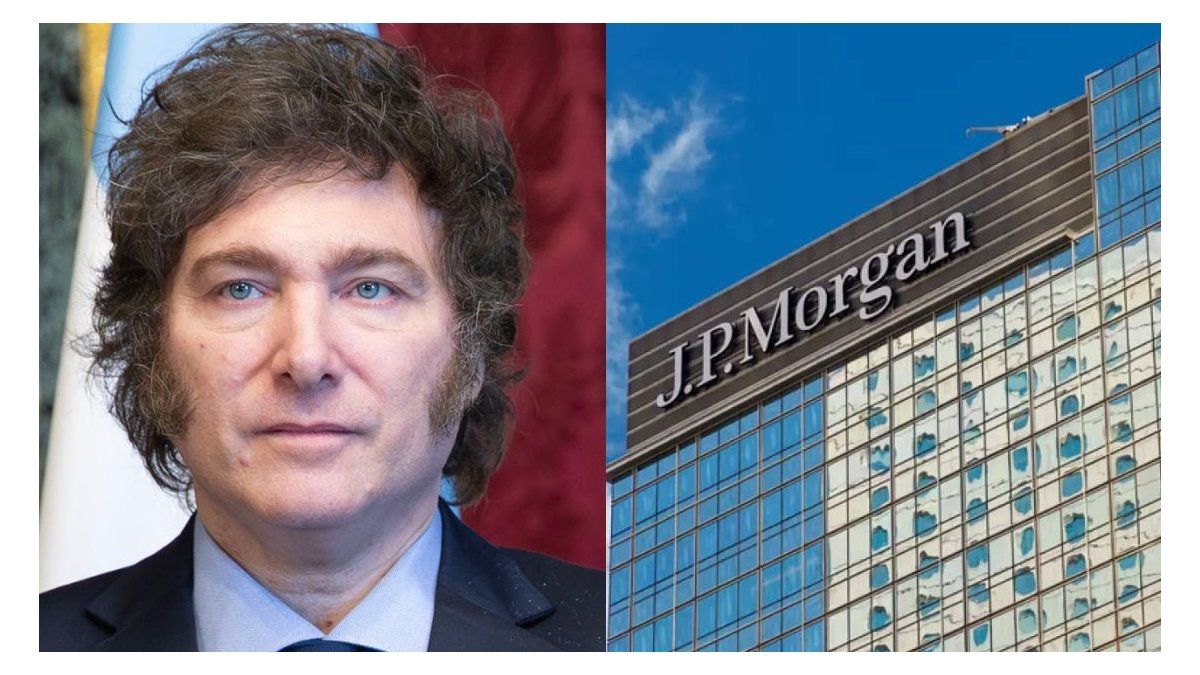Energy prices in Europe have been climbing since the beginning of the year. Some EU states are now intervening to protect households from high electricity and heating costs.
Gas and electricity are more expensive in Europe than they have been for a long time. Before winter, it is feared that households will not be able to pay bills.
The finance and economics ministers of the euro countries want to deal with the issue this Monday. What is behind the price increase – and what can the EU do?
How has the energy price developed recently?
International energy prices have been rising rapidly since the beginning of the year. According to Simone Tagliapietra from the Bruegel think tank, this is mainly due to the gas price. The wholesale price of natural gas rose around 440 percent between January and October. Gas is used for heating, but also to generate electricity – so fossil fuel also influences how much electricity costs. In Germany, electricity has become around 140 percent more expensive on the stock exchange since January, 340 percent in Italy and as much as 425 percent in Spain. Around three quarters of the electricity price in this country is not determined by energy costs but by taxes, levies and network charges.
What do the high prices mean for consumers?
The price increase is also reflected in the electricity and heating bills of households – even if not as dramatically as in wholesalers. According to the Check24 portal, heating costs in Germany rose by 33 percent in September compared to the previous year. Consumers paid 4 percent more for electricity.
Why have energy prices increased so rapidly?
There are several factors. First, during the recovery from the coronavirus pandemic, global demand for energy has increased as the economy begins producing more again. At the same time, the supply of energy has fallen – for example due to droughts in Brazil, where a lot of electricity is produced from hydropower. Then the winter was particularly hard in many places, which reduced reserves. Thilo Schäfer from the Institut der Deutschen Wirtschaft (IW) points out that less renewable energy was produced in the summer.
In addition, it is assumed that large companies are taking advantage of developments in the market. Georg Zachmann von Bruegel says that although the Russian gas producer Gazprom has fulfilled its supply contracts with Europe, it has not met the demand beyond that despite the attractive prices. With this, Gazprom could aim to drive up prices – or to exert pressure, so that the controversial Baltic Sea pipeline Nord Stream 2 is brought into operation more quickly.
Does the energy transition have anything to do with the rise in prices?
Critics also blame climate protection measures for this. The price of carbon dioxide (CO2) in emissions trading has risen, making power generation from coal less attractive, but it can also make electricity more expensive if there are no alternatives. In the EU emissions trading system, for example, electricity providers have to pay for the emission of greenhouse gases such as CO2. Critics fear that expanding the system will put an additional burden on consumers. According to Tagliapietra, emissions trading is only responsible for a fifth of the price increase. The EU system has also ensured that coal is no alternative to the high gas prices – and thus prevents higher emissions. From Zachmann’s point of view, the only alternative is energy efficiency and clean electricity.
Is the increase temporary?
Politicians and experts consider the price increase to be temporary. IW Schäfer estimates that there could be a recovery as soon as reserves fill up or Nord Stream 2 comes on stream. According to Tagliapietra, the gas price could halve by April.
How do the EU states react?
Some EU countries have taken steps to protect consumers. France has announced a tariff brake for electricity and gas and wants to pay poor households 100 euros each. Italy wants to spend 3 billion euros to waive some of their electricity and gas bills, for example through tax cuts. Spain has called for action at EU level, such as a common platform for gas purchases. Luxembourg blames speculation on the gas market for the price increase and proposed a revision of the EU directive. “We have to stop the extremely speculative behavior of some traders,” said Luxembourg’s Energy Minister Claude Turme. Poland calls for a rethink in EU emissions trading.
What can the EU do?
In the short term, the EU can intervene little, say experts. It is up to the member states to cushion the social consequences, said Schäfer. According to Tagliapietra, the EU Commission can advise states and coordinate measures, above all to prevent market distortion. The Brussels authority has announced a “toolbox” that could contain such a guide. In the long term, the EU should implement its climate package more quickly in order to reduce dependence on fossil fuels, experts agree. Making gas cheaper won’t solve the problem in the long term, says Zachmann.
Jane Stock is a technology author, who has written for 24 Hours World. She writes about the latest in technology news and trends, and is always on the lookout for new and innovative ways to improve his audience’s experience.




